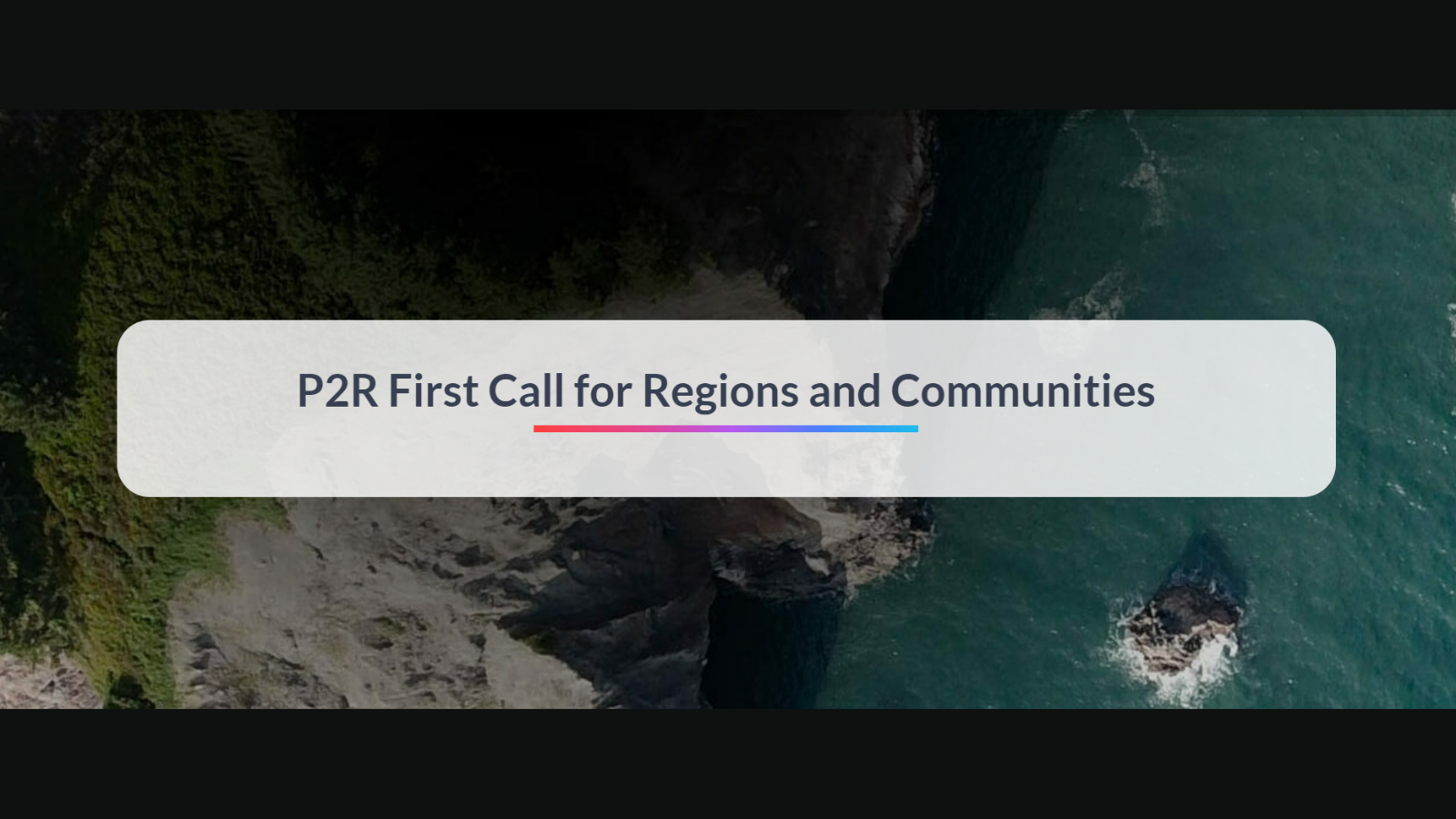
Pathways2Resilience: First Call for Regions and Communities- Deadline extended until May
Pathways2Resilience (P2R), an ERRIN project, has opened its first call for regions and communities for subgrant applications to co-design visions of a climate-resilient future and transformative adaptation pathways that will ensure long-term impact. The first call has had the deadline extended until 6 May 2024 12:00 CEST. Following updated guidance from CINEA, UK regions are now eligible to apply.
This first call aims to provide 40 regions/communities with financial support through subgrant agreements, up to a maximum of 210,000€, along with supporting services and capacity-building activities lasting up to 18 months.
P2R has developed a framework to support regions in their work to adapt and build resilience to climate change, the Regional Resilience Journey (RRJ). The RRJ consists of multiple steps, each containing different expected activities and outcomes, as well as pointing to different methodologies and tools that can be used.
The selection process will prioritise regions/communities with heightened vulnerability and low adaptive capacity to climate change impacts. This call aims to put together a diverse and inclusive portfolio of regions, ensuring a comprehensive validation of the P2R framework.
Please find the call text, eligibility requirements and more information here.
The ERRIN Adaptation Task Force organised an information session on 12 December in which ERRIN members heard more about the P2R opportunity alongside opportunities offered by the MIP4Adapt Platform and CLIMAAX project.
P2R is a five-year project implemented by a consortium of 14 organisations, coordinated by EIT Climate-KIC. As part of its work, P2R will support at least 100 regions/communities within European Union (EU) Member States or Associated Countries that are within Europe’s biogeographical regions with a total of 21M€, over the course of two calls, to co-design visions of a climate resilient future and corresponding transformative adaptation pathways and innovation agendas that ensure long-term impact.
- Lucy Hammond
- 23/11/2023
-
Working Group
